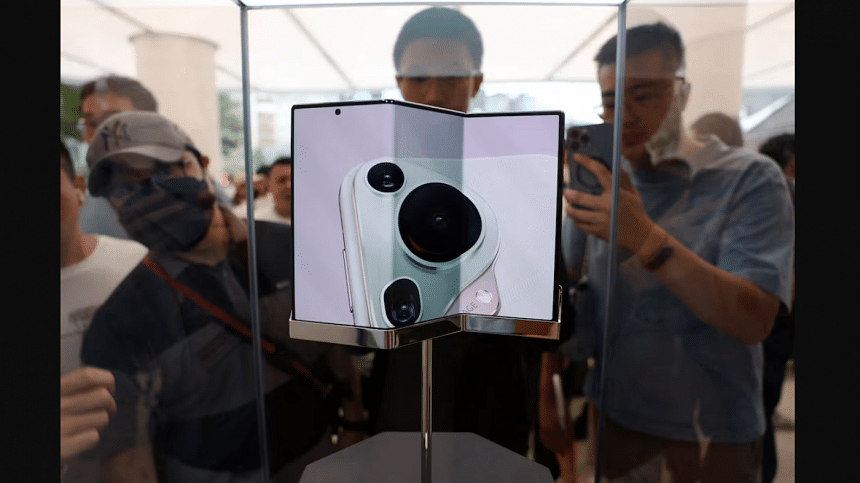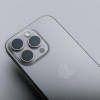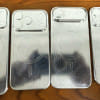iPhone 16 faces challenge from Huawei's $2,800 tri-fold smartphone

With long expected artificial intelligence (AI) features still in test mode, Apple's new iPhone 16 failed to impress investors at the same time as Huawei's tri-fold phone elevated the stakes in the competition to rule the global smartphone market.
Apple's shares fell 1% in premarket trading on Tuesday, a day after the U.S. tech giant unveiled its new iPhones that sport hardware-level integration for applications based on artificial intelligence but with limited changes to the external design. The phones will use AI features dubbed Apple Intelligence to improve the company's voice assistant Siri as well as enhance the camera.
These AI features will arrive on iPhones in beta next month. The company did not say when it would move beyond test. "With lots of words like "later this year" and "early next year", the core Apple message for iPhone 16 was: Next year will be better," Needham analyst Laura Martin said in a note.
On Tuesday, Huawei showed off its new Mate XT, which users can fold three ways. The device has already received more than 4 million pre-orders, for which no deposit is required, according to the company's website. It boasts an AI assistant with text summary, translation and editing functions, as well as AI-boosted image editing functions such as trimming unwanted parts of photos.
But with a price tag that starts at $2,800 - more than twice the starting price of the comparable iPhone 16 Pro Max - and limited production, the tri-fold phone is likely to become more of a symbol of Huawei's tech prowess than a major sales driver, analysts said.
"Production constraints and the high price point mean the new phone will likely not have a huge impact in terms of shipments," said Will Wong, senior researcher at consultancy IDC. "But it's telling the consumers that it's still the tech leader and the potential challenge it brings to Apple may be far beyond just market share." Both the Mate XT and iPhone 16 go on sale on 20 September.
Apple's AI challenge
Huawei's launch, which follows a series of successful smartphone debuts, underscores the company's ability to navigate U.S. sanctions and solidifies its position against Apple in China, where some consumers criticized the new iPhone 16 for its lack of AI features in the country.
Apple has yet to announce an AI partner in China to power the 16s and Apple Intelligence, the company's AI software, will only be available in Chinese languages next year.
"What's the point of buying it if you can't use AI?" wrote one user on Weibo, China's X-like platform. Another commented: "Without AI as the biggest selling point, it should be half price. "While Apple for years enjoyed strong demand in China, where new iPhone launches once sparked a frenzy, its sales have dwindled and the company's ranking in the world's second-largest economy has now dropped from third to sixth place.
Huawei made a comeback to the high-end smartphone segment last year with the release of a device powered by a domestically made chip, defying U.S. sanctions that have cut off its access to the global chipset supply chain. The launch of the Mate 60 Pro surprised analysts and U.S. officials. Huawei already has two-way foldable phones in its lineup, and its strong sales in China helped it overtake Samsung Electronics this year as the biggest vendor of such phones globally.

 For all latest news, follow The Daily Star's Google News channel.
For all latest news, follow The Daily Star's Google News channel. 










Comments